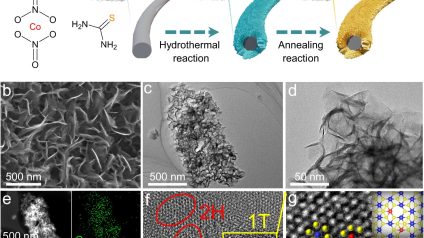The White House has announced that no more permits will be issued for new mining projects in the National Petroleum Reserve, an area of almost 100,000 km2 precious for the biodiversity of the Arctic region. But it hasn’t blocked existing and pending projects, such as the controversial ConocoPhillips Willow
After the Arctic Wildlife National Refuge, Biden stops drilling in Alaska in the NPR
The United States says no to the new Alaska drills, but they do not cancel existing concessions or projects whose authorization process is still ongoing. An intermediate solution between the demands of environmentalists and those of much of local politics puts an end to years of announcements, denials and turnaround.
Partial stop to new Alaska drills
At the heart of the Biden administration’s move is the National Petroleum Reserve (NPR), an area of nearly 100,000 km2 in the far north of Alaska, overlooking the Beaufort Sea. As the name suggests, it is one of the regions where most of the hydrocarbon reserves of the United States are concentrated. According to estimates by the United States Geological Surveys (USGS), only the undiscovered deposits could contain almost 900 million barrels of oil and about 1,500 billion m3 of gas.
But NPR is also a very valuable region for local ecosystems and biodiversity. It is located just west of the Arctic National Wildlife Refuge – also an area affected by a tug-of-war on drills in Alaska, under the Trump administration – and rivals it for ecological importance for dozens of migratory bird species, freshwater fish and caribou.
The White House ruled on April 10 that no further concessions will be granted to drills in Alaska in over half of that area, 56,000 km2 designated as special areas. But it did not go as far as scrapping plans for projects already in progress or the pipeline. Above all, the controversial ConocoPhillips Willow project. That received a first positive opinion last year by the same administration Biden: 199 new mining sites that together should pump 180,000 barrels of oil per day, which is 1.5% of the current national production. In 30 years of life, it should generate 263 million tons of greenhouse gases.
For some new project, however, the stop has been decreed. The White House has in fact rejected the plan to build a new road of 340 km that crosses the entire north-western quadrant of the NPR. It was proposed as a fundamental infrastructure for the development of the extraction of critical minerals in the area (copper, cobalt, zinc, silver, gold). However, there are still no concessions.













